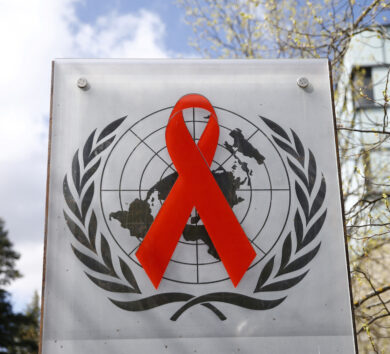

Countries in the Americas including Jamaica which is plagued by a high rate of non-communicable diseases (NCDs) are now being urged by the Pan-American Organization (PAHO) to ramp up their measures to tackle the growing problem.
PAHO recommends that countries adopt front-of-package warning labels, restrictions on the marketing of processed and ultra-processed products high in fats, and sugar and salt intake. Likewise, PAHO recommends the imposition of taxes on processed foods to help reduce the risk of consumers developing non-communicable diseases.
According to PAHO, obesity is one of the main risk factors for several noncommunicable diseases, including diabetes, cardiovascular disease, hypertension, and stroke, as well as several types of cancer. In 2021, obesity was responsible for 2.8 million deaths from non-communicable diseases (NCDs) in the Americas.

Fabio da Silva Gomes, regional advisor on nutrition and physical activity at PAHO said that: “noncommunicable diseases are the biggest killer in the Americas, accounting for 80 per cent of all deaths in the Americas, one-third of which are preventable.”
Gomes further noted that: “halting the rise in obesity is essential to combat the growing burden of NCDs and improve the health and wellbeing of everyone in the Americas, including the next generation.”
NCDs such as obesity are one of the main risk factors for unhealthy eating habits. In the Americas, obesity was responsible for 2.8 million deaths in the Americas.
In Jamaica, NCDs are one of the leading causes of death. According to the Ministry of Health and Wellness, In 2015, an estimated seven out of ten Jamaicans died from the four major NCDs which include cancer, cardiovascular disease, diabetes and chronic lower respiratory disease.
Recommendations from PAHO
- Protecting, promoting and supporting breastfeeding, which reduces the risk of overweight and obesity by 13 per cent in children.
- Improving nutrition and promoting physical activity in pre-schools and schools.
- Taxes on sugary drinks and the regulation of food marketing.
- Intersectoral actions through health promotion, surveillance, research and evaluation.







Comments